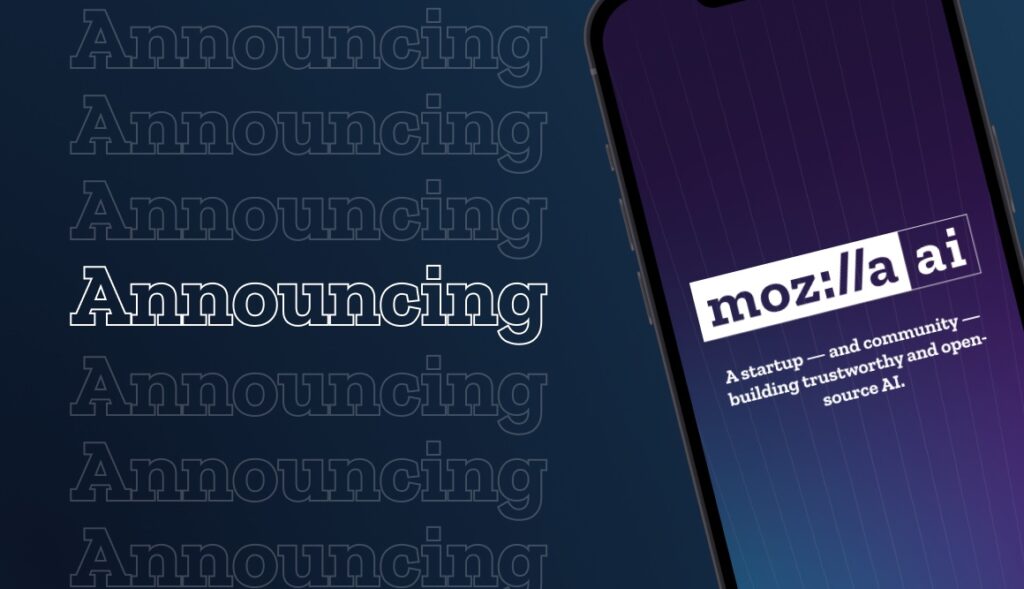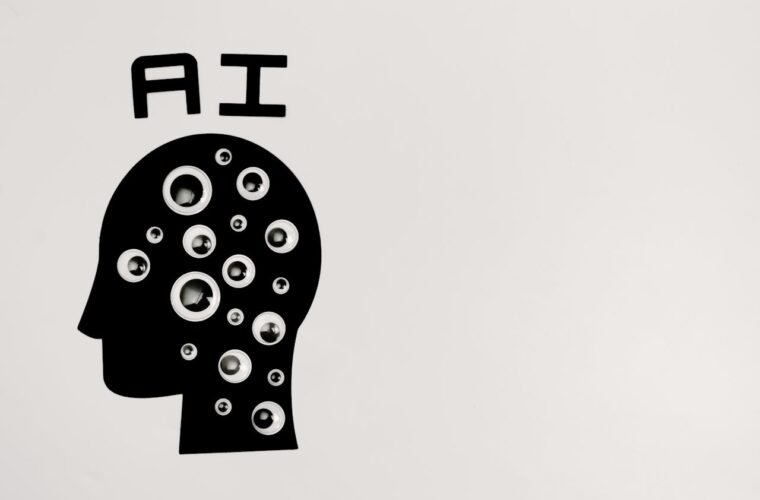The foundation thinks that the chatbot war could be better. Here’s why
Mozilla has created a new startup called Mozilla.ai, which aims to “build a reliable and independent open-source AI ecosystem”. Moez Draief, a long-time researcher and scientist in artificial intelligence, heads the new startup in which the organization has invested $30 million. The company has a long history in the technology market, especially with Firefox, which is not even remotely among the world’s most-used browsers but popular enough to put what the developer does from a technology perspective in the interest of most.
The move comes at a crucial time, with products such as ChatGPT, Bing, Dall-E and Stable Diffusion becoming extremely popular but with numerous problems arising in terms of misinformation and copyright infringement. Mozilla is familiar with analyzing such a context. As early as 2020, it published the study ‘Creating Trustworthy AI’ but remained on the fringes of the actual development of artificial intelligence. But now is the time to get into the game.

Open Sourse AI
Mozilla.ai’s announcement is not very detailed but refers to building “a trusted open source AI ecosystem”, explaining that it wants to create security and transparency tools for developers and not so much about the business aims of competing with names like GPT-4. Mozilla likes to talk about building larger communities and ecosystems, but the company also sees artificial intelligence as part of Firefox’s future. CEO Mitchell Baker said on The Verge’s Decoder podcast how Firefox (or some other browser) could regain market share by leveraging AI.
It is no coincidence that the likes of Opera have decided to integrate a sidebar with ChatGPT to hook new users (or bring back old ones). This a context that will have to be considered, given that OpenAI itself, which has always focused on being an open ecosystem, has started sharing much less information on its models and training data, coincidentally since Microsoft invested heavily in its development.
New tools are becoming more widely used and increasingly integrated into applications used by companies daily. Microsoft offers AI capabilities in Edge, Bing and the Office productivity suite, Adobe is starting to do the same with the Creative Cloud, Opera with its browser and dozens of apps in the App Store and Play Store rely on artificial intelligence capabilities, with more and more developers interested in not falling behind.



